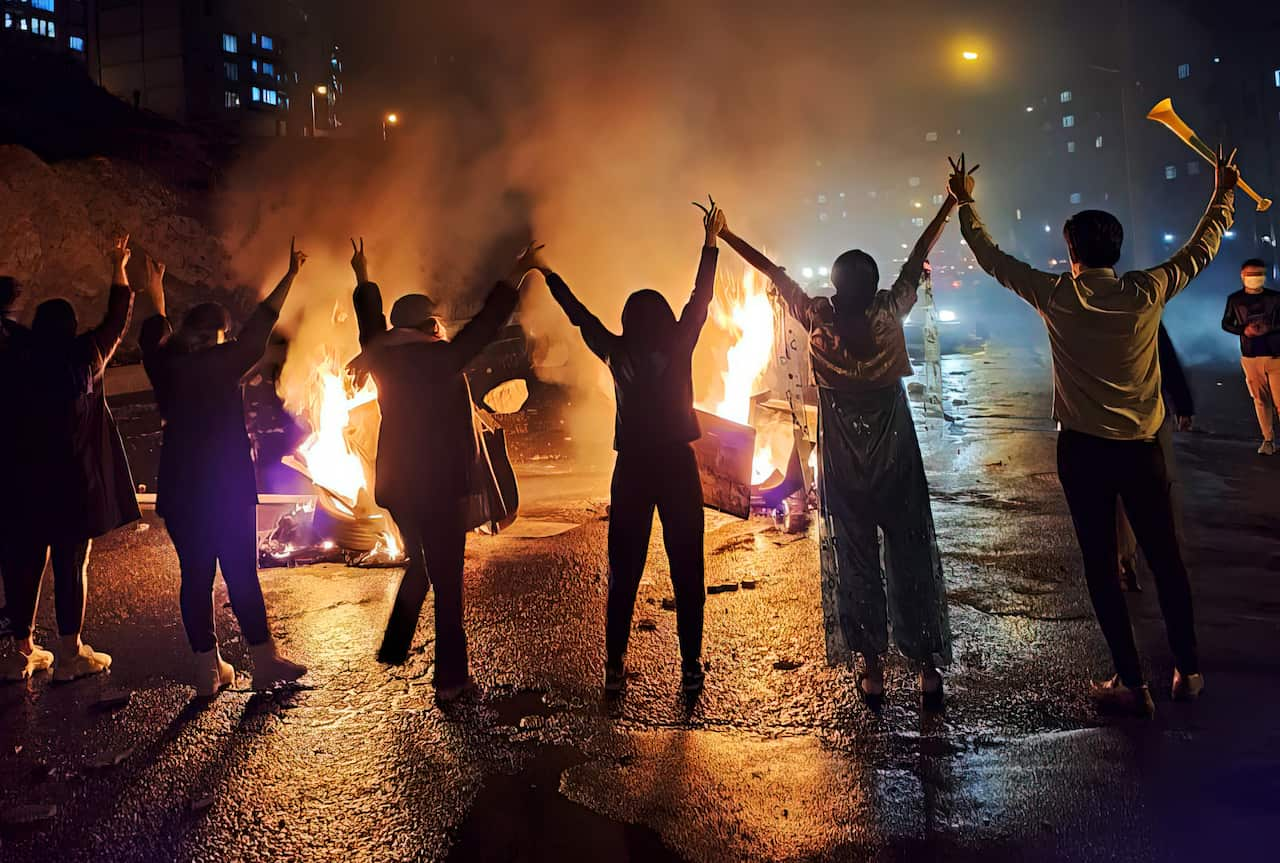Speaking to SBS Kurdish, Mr Boochani said: "Nothing has really changed in Australia - they are still able to banish people to Nauru and Manus (islands) - that policy exists."
"There's still 1000 people living in the community, but they don't have a future in this country."
Mr Boochani spent six years in detention after a Royal Australian Navy vessel intercepted a boat carrying him and around 60 other men crossing from Indonesia in July 2013.
He was first sent to Christmas Island then Manus Island in Papua New Guinea.
In 2019, he and, later in 2020, received asylum status.
He is currently in Australia promoting his new book entitled 'Freedom, Only Freedom'.
Mr Boochani said while he was happy living in New Zealand, he had many friends and supporters in Australia who had helped him battle years of "...systematic torture" in detention.

Manus Islands Source: AAP
Keeping people in indefinite detention is still a huge problem in Australia and there's an industry established around this.
He said many people had voted for the ALP in the 2022 federal election in the hopes the situation for refugees would change but so far that hadn't happened.
Mr Boochani continues to be a critic of the Australian government's 'Pacific Solution II' approach to refugees, in particular 'Operation Sovereign Borders' originally introduced by the Coalition government in 2013.
"When refugees come to a country, they should be processed under international laws and conventions and also be allowed to stay and establish new lives," he said.
"Refugees are good for the economy. Many countries are involved in war and crises that cause refugees, so they need to take responsibility for the refugees (produced as a consequence of their involvement in these fights)."
Hopes for the Iranian protest movement
Mr Boochani acknowledged the role Kurds were playing in rolling protests against the government in Iran in the wake of the death of Mahsa Amini.
He said that while he firmly supported the 'Women, Life, Freedom' protests, "...what is important is not just changing the government but also changing the values and creating and establishing a democratic system."
"The problem is not only government - we need to make sure that the next one is a democratic system," he said.

Iranian Protesters clash with security forces durning protest against Islamic Republic regime in Mahabad city, 362 people had been killed in the two-month-long protests, including 56 minors. Source: ABACA / SalamPix/ABACA/PA/Alamy/AAP Image
Climate change will create more refugees
Mr Boochani said he believed climate change would become the main driver behind people becoming refugees.
"It's possible that even people from here (Australia) will become refugees themselves due to climate change," he said.
"Climate change is a huge crisis."









